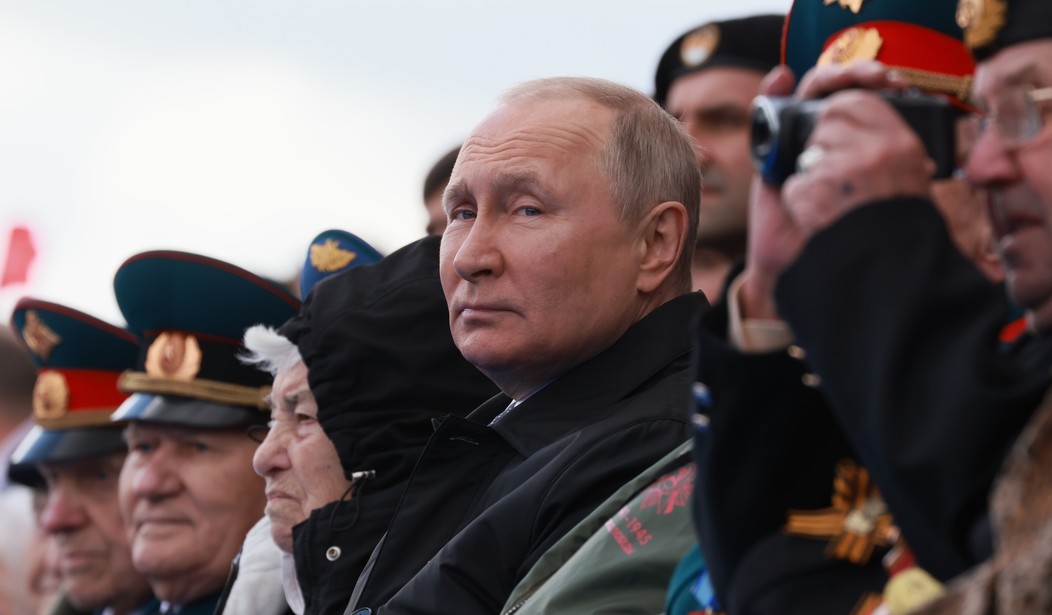America’s fierce debate about NATO expansion and the Ukraine war shows no signs of abating. But the debate has suffered from confusion about what “NATO expansion” means and why it matters given the unjustifiable brutality of Russian President Putin’s invasion.
Critics say that expansion, by threatening Russian security, led to the invasion. Some defenders of expansion counter that because Ukraine is not a NATO member and was not about to become one when Putin invaded, NATO expansion cannot be blamed for the war. What Putin really had in mind, they argue, was Russian expansion.
The latter argument is unpersuasive. Consider that NATO expansion has comprised three aspects: 1.) adding new members; 2.) enlarging the scope of military missions; and 3.) increasing security cooperation with non-NATO nations.
Too often, expansion’s defenders ignore (2) and (3), but even regarding (1) their argument is flawed. They correctly point out that Ukraine was never invited into NATO’s Membership Action Plan and that France and Germany stand in the way of Ukraine’s accession. But as Putin observed before the invasion, Washington pushed reluctant European capitals to sign off on NATO’s 2008 declaration that Ukraine “will become” a member. He concluded the US might one day pressure those same governments to welcome Ukraine into the alliance.
Putin had good reason to suspect that was America’s intent. In November 2021, the US and Ukraine signed a Charter on Strategic Partnership that affirmed “Ukraine’s aspirations to join NATO.” Historian Robert Service has argued the pact amounted to “shambolic mismanagement” by the West and “the last straw” for Putin.
Recommended
Defenders of expansion sometimes reply that even if Ukraine had joined, Moscow needn’t have worried, since NATO is a “defensive alliance.” This argument ignores the second aspect of expansion: an enlargement in the scope of NATO missions. For while NATO was originally conceived as a collective defense organization, its use-of-force conditions since then have dramatically evolved.
In 1999, NATO bombed Serbia without UN approval, though Serbia posed no threat to alliance members. In the Senate, Joe Biden stridently promoted the US-led campaign. “If I were president, I would just bomb him,” Biden said, referring to Yugoslav President Slobodan Miloševic, “and I mean that sincerely, and I would have the NATO allies come along.”
In 2011, NATO’s intervention in Libya’s civil war morphed into a regime change operation against Muammar Gaddafi. “NATO got it right,” said then-Vice President Biden mere hours after Gaddafi was killed. “This is more the prescription for how to deal with the world as we go forward.” Both interventions, alongside America’s Iraq war, soured Russia-NATO relations.
The third aspect of expansion – NATO’s increased security cooperation with non-NATO nations – is crucial to understanding the Russia-Ukraine crisis. Because while Ukraine may not have been in NATO, NATO was certainly in Ukraine.
Washington has for years treated Kyiv as a de facto NATO ally. Provocative US initiatives included flooding Ukraine with billions in military aid, assisting joint NATO-Ukraine military exercises, organizing paramilitary training programs for Ukrainian special-operations personnel, and participating in Ukraine’s offensive cyber operations against the Russian government.
In June 2020, NATO designated Ukraine an Enhanced Opportunities Partner as part of a program designed to “deepen cooperation between Allies and partners that have made significant contributions to NATO-led operations and missions.” In mid-November 2020, Putin expressed concern about what he called “unscheduled” NATO-Ukraine naval drills in the Black Sea. Later that month, he warned that NATO’s growing footprint in Ukraine was a “red line” for Russia. Nevertheless, the White House took the NATO issue off the table in pre-war negotiations.
Defenders of NATO expansion might reply that this recent history is irrelevant now. Putin’s invasion, after all, was still illegal, so the West should back Ukraine in its fight for freedom.
But the Russia-Ukraine war is not leading to a free Ukraine; it is leading to Ukraine’s physical destruction – and possibly to a wider war in Europe. Identifying its causes would help the West not only end the war but secure a lasting peace. Instead of pushing to prolong a devastating and dangerous conflict, the West should broker a settlement that makes Ukraine a neutral state.
Moreover, understanding the drawbacks of NATO expansion reveals the folly of ongoing US actions in Asia. President Joe Biden is constructing alliances in the Middle East and Asia-Pacific in a bid to deter Iran and China. The more likely result is to make those nations deeply anxious about their own security – and potentially incur risks.
Just as building a European security architecture that excluded Russia helped cause the crisis in Ukraine, building divisive security frameworks elsewhere will inflame international tensions. Washington should instead recognize that security is not zero-sum. The best strategy would acknowledge that achieving American security at the expense of other nations’ is, in the long run, no security at all.
Andrew Day is a Foreign Policy Researcher for the Nonzero Foundation. He has a PhD in political science from Northwestern University and currently lives in Prague.

























Join the conversation as a VIP Member